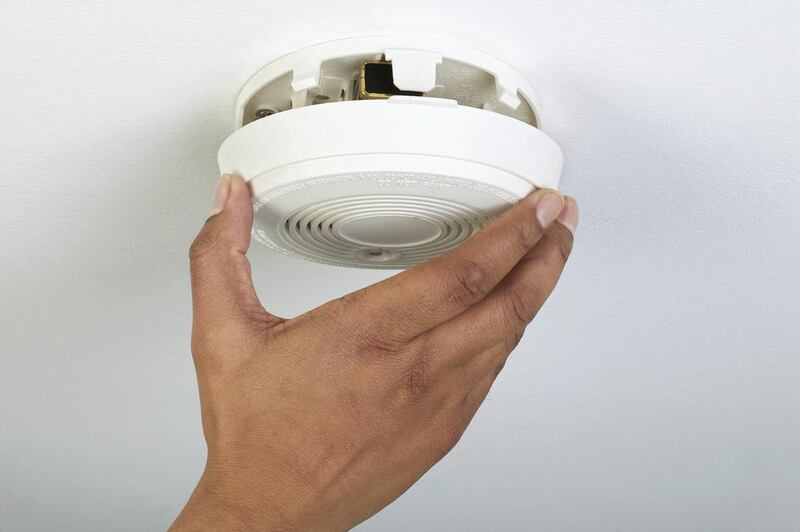Fitting smoke detectors in your home simply makes sense. And we hope that every villa and apartment in the UAE has smoke alarms long before next year when a law requiring their installation comes into effect. For those who remain unconvinced, it may be worthwhile to ponder what you have to lose from not having early warning of a fire – not just your property, but your life or the lives of your loved ones. One simple device, and some rudimentary safety knowledge, can change that.
It is not clear whether landlords or tenants will be legally responsible for the installation of these alarms, but it is clearly in both their interests, as these devices protect people and property by raising early warning of fire. As reported in our sister newspaper Aletihad, the General Directorate of Civil Defence is working with suppliers and retailers to ensure that detectors are available at affordable prices.
The authorities have said that there will be awareness campaigns, which we expect will underscore the value of the detectors and offer advice on their proper installation and maintenance. It will also be valuable for the authorities to give annual reminders to replace the batteries and test the devices. In Australia, for example, April 1 has been chosen as the day for reminders to appear in the media. The date is also known as April Fools’ Day, with the inference being that you would be a fool not to keep your smoke alarm in working order.
As effective as they can be, smoke alarms are only part of a fire-awareness plan. We all need to know the other measures that can prevent an outbreak of fire, tackle a blaze or increase our chances of surviving it. These include proper use and maintenance of electrical devices, the installation of fire extinguishers and blankets, and ensuring that all fire exits – especially stair wells in high-rise buildings – are well signed and free of obstructions. Every home should have a fire-exit plan, and every parent should ensure that their children are familiar with it.
Fire safety is a shared responsibility. The authorities, architects, builders, property owners and tenants all have a role to play. The cost – physical and emotional – of preventable fires is far too high for it not to be a priority.





